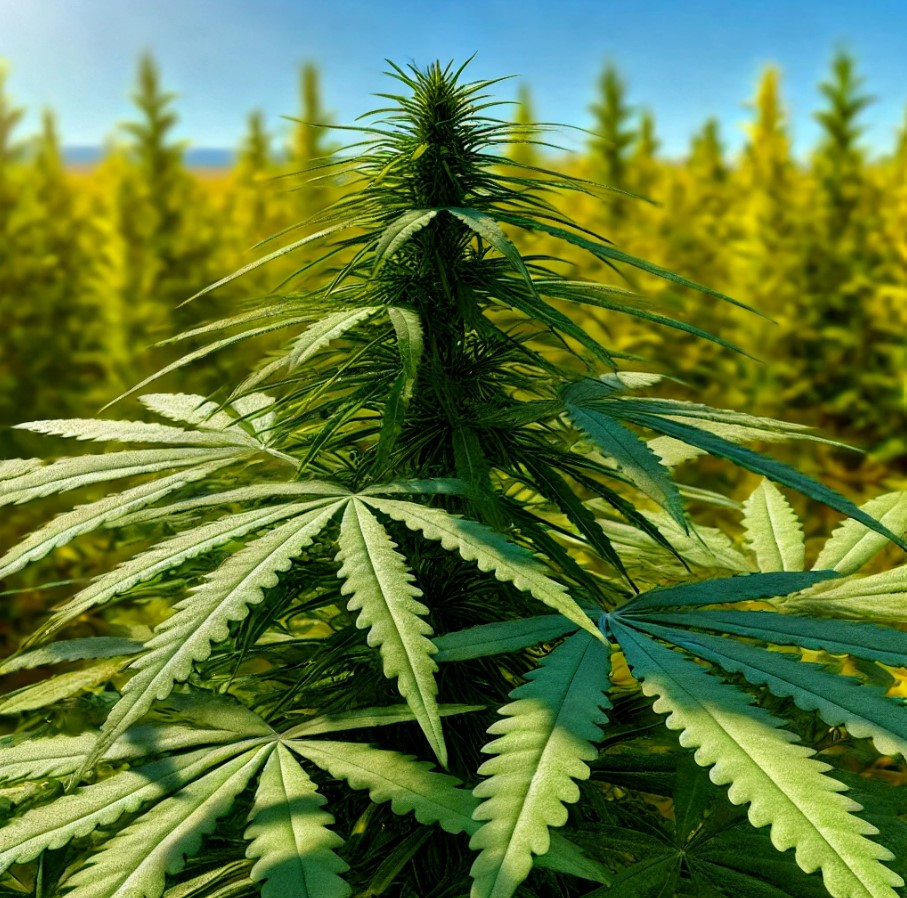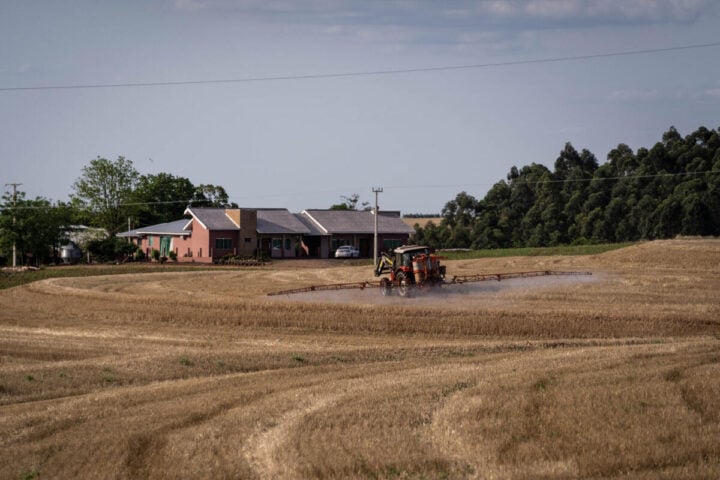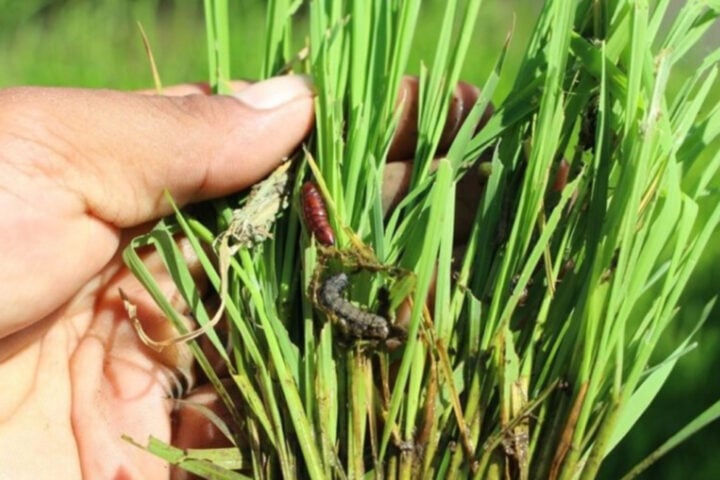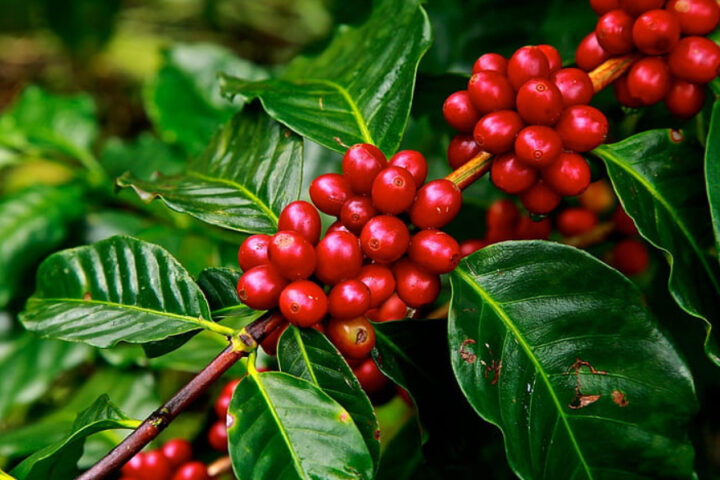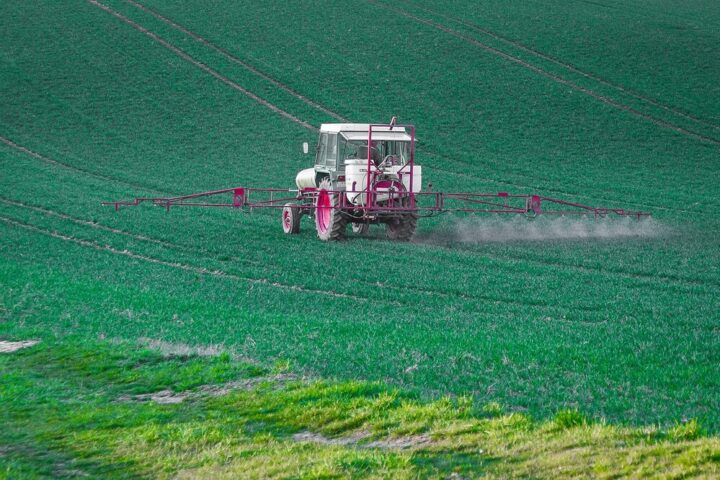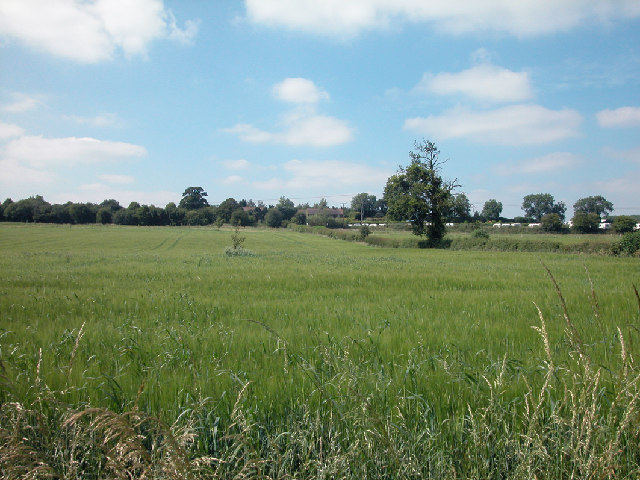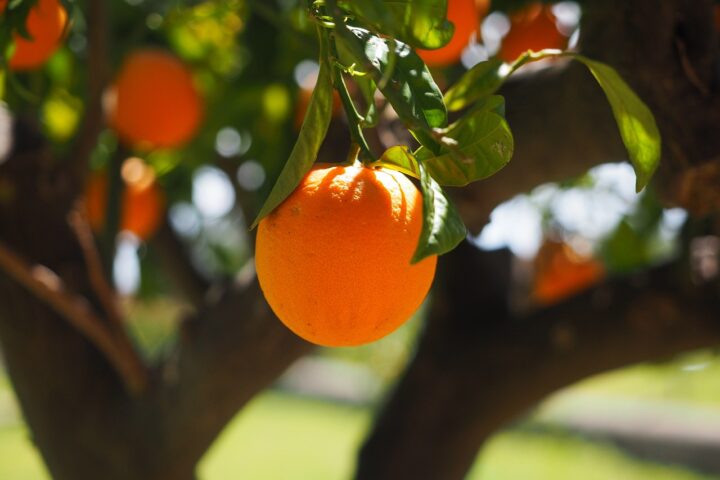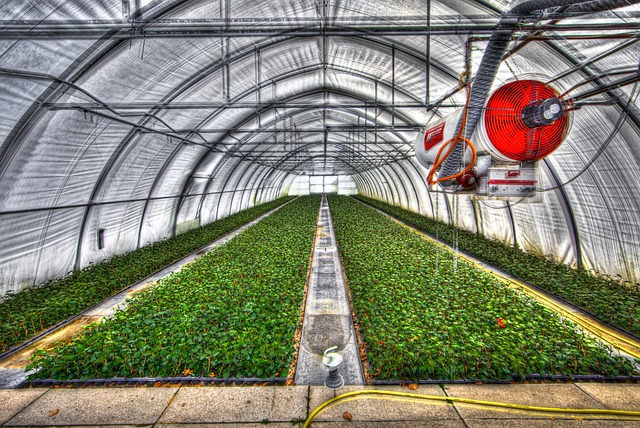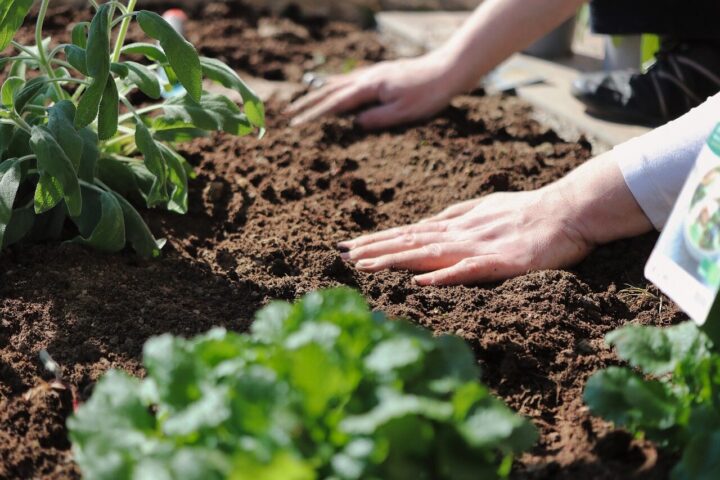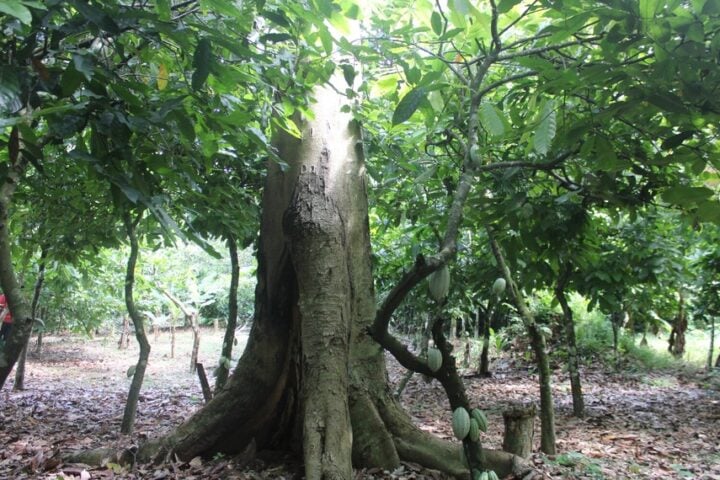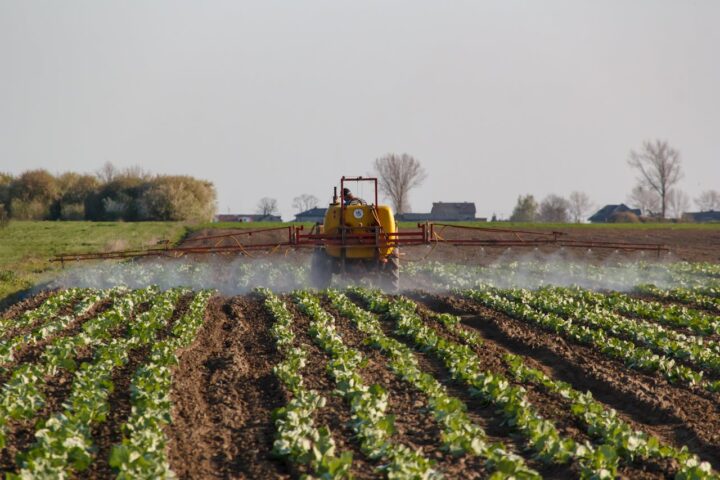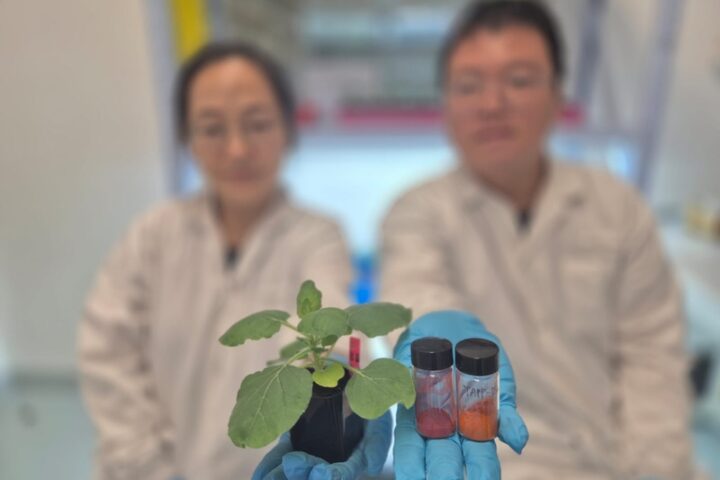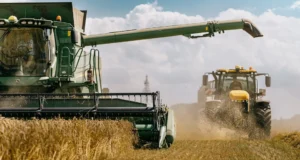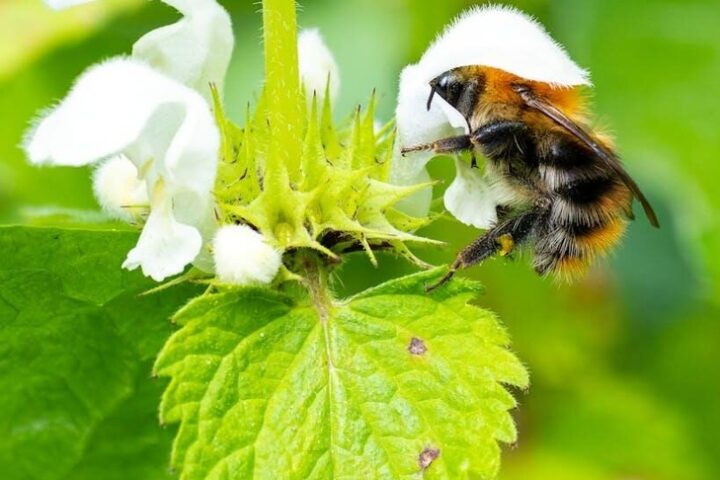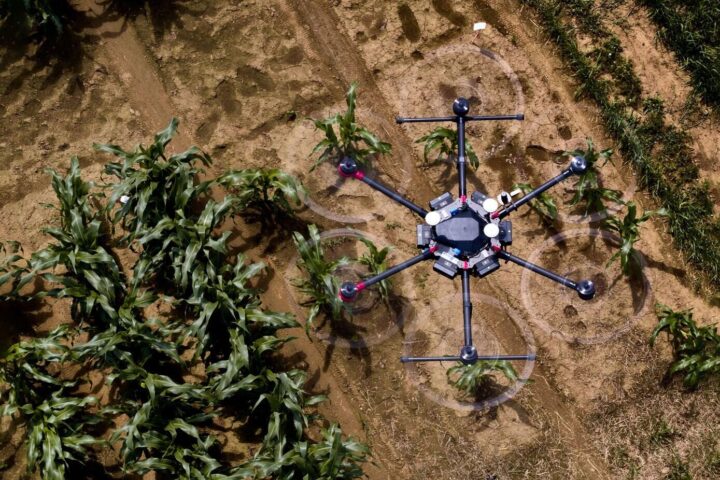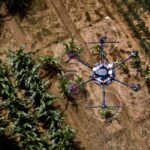A new study from the University of Houston shows how tiny organisms living on hemp plants could transform farming practices. The research, published in Nature, examines how different types of hemp plants work with specific microbes to grow better and produce more valuable compounds.
“In hemp, the microbiome is important for optimizing CBD production and enhancing fiber quality,” explains Abdul Latif Khan, assistant professor of biotechnology at UH’s Cullen College of Engineering Technology Division. His team studied microbes living in hemp roots and leaves, finding that different varieties of hemp attract distinct microbial communities.
The study looked at both CBD-rich hemp, used in pharmaceutical products, and fiber-rich hemp used for industrial purposes like textiles. Each type hosts unique groups of microorganisms that help the plants thrive. Different genotypes of hemp have their own special groups of microbes that help the plants grow and stay healthy.
“Understanding these microorganisms can lead to more sustainable farming methods, using nature to boost plant growth instead of relying heavily on chemicals,” says Waqar Ahmad, the study’s first author and Khan’s doctoral student.
The research suggests farmers could use specific mixtures of these helpful microbes to naturally enhance hemp growth and production. This approach could reduce chemical fertilizer use while improving crop yields. The research indicates that these microbes play a crucial role in nutrient absorption and stress resilience.
Similar Posts
The research team included experts from both the University of Houston and Prairie View A&M University, bringing together diverse expertise in biotechnology and agricultural science. Their findings could help develop farming techniques that use natural processes to improve plant growth.
This study arrives as hemp gains prominence in various industries, from medicine to manufacturing. By understanding how microbes influence hemp growth, farmers might soon have new tools to grow stronger, more productive plants without heavy reliance on artificial inputs.
The research could inform the development of new farming methods that work in harmony with natural processes. As farming practices continue to evolve, such research into plant-microbe relationships becomes increasingly important for developing effective and sustainable growing methods.
The research suggests practical applications that could benefit farmers soon, including ways to optimize nutrient management and develop more resilient hemp varieties suited to different growing conditions. These advances could help establish more sustainable farming practices while meeting the growing demand for both CBD and industrial hemp products.
